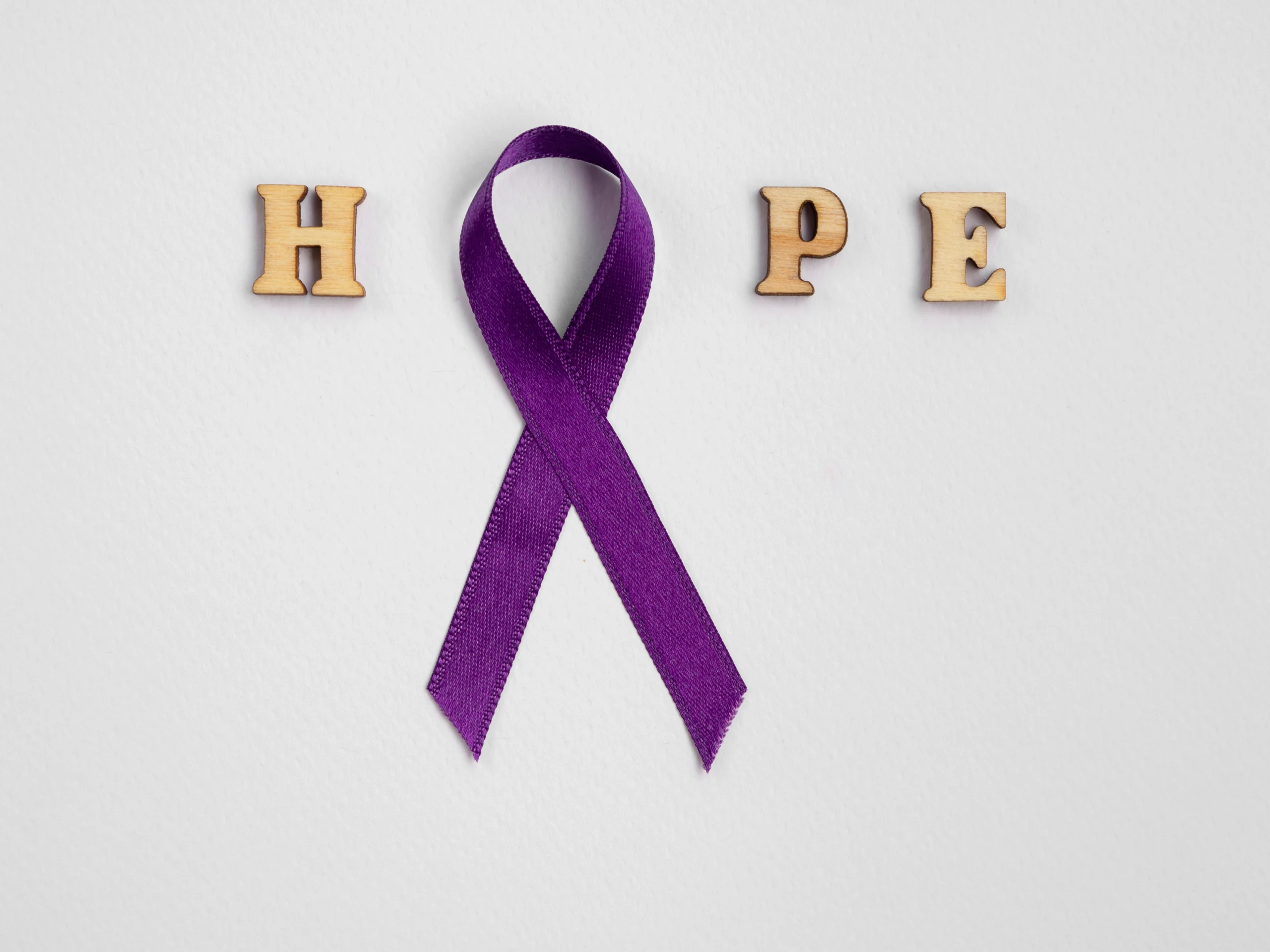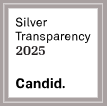
World Cancer Day: Cancer Prevention, Support, and Management
February 4th marks World Cancer Day, a global initiative to raise awareness about the disease and encourage cancer prevention, detection, and treatment. Across the world, cancer remains a leading cause of death, with one in three people expected to be diagnosed at some point in their lives. But while these statistics may sound alarming, there’s good news: early detection, healthier lifestyles, and advancements in treatments are changing the narrative. This post will guide you through understanding cancer, how to focus on cancer prevention, manage it if diagnosed, and how to support loved ones living with the disease.
What is Cancer?
Cancer is a disease characterized by the uncontrolled growth of abnormal cells in the body. These cells can form tumors and spread (metastasize) to other parts of the body. The causes of cancer are varied and often multifactorial, including genetics, environmental factors (like exposure to carcinogens), and lifestyle choices such as smoking, diet, and lack of exercise. While these factors contribute to the disease, focusing on cancer prevention can significantly reduce the risk of developing cancer.
Types of Cancer
While there are over 100 different types of cancer, the most common include:
-
Breast Cancer
Affects both men and women but is most common in women. Early detection through self-examinations and regular screenings can drastically reduce mortality and improve cancer prevention.
-
Lung Cancer
Strongly associated with smoking, but non-smokers can also develop lung cancer. Avoiding smoking and secondhand smoke is key to cancer prevention.
-
Prostate Cancer
A major concern for men, especially over 50, prostate cancer is often treatable when caught early. Regular screenings are a crucial aspect of cancer prevention.
-
Colorectal Cancer
This affects the colon or rectum and is linked to poor diet and lack of physical activity. Regular screenings are vital for early detection and cancer prevention.
-
Skin Cancer
Linked to excessive sun exposure, skin cancer can be prevented by wearing sunscreen and avoiding tanning beds. These habits are essential for cancer prevention.
Other types include:
-
Pancreatic cancer.
-
Liver cancer.
-
Bladder cancer.
Each type varies in symptoms and risk factors, so it’s important to be aware of family history and undergo regular screenings as part of an effective cancer prevention plan.
How to Prevent Cancer
While no one can fully guarantee they’ll never develop cancer, there are many steps individuals can take to lower their risk:
- Eat a Healthy Diet: A diet rich in fruits, vegetables, and whole grains has been shown to reduce cancer risks and support cancer prevention. Limit processed meats and focus on healthy fats and proteins.
- Exercise Regularly: Physical activity helps with weight control and supports immune function, both of which can lower cancer risk and promote cancer prevention.
- Avoid Smoking and Limit Alcohol: Smoking is the leading cause of lung cancer, and alcohol consumption has been linked to several cancers, including liver and breast cancer. These lifestyle changes play a significant role in cancer prevention.
- Protect Your Skin: Excessive sun exposure can lead to skin cancer. Use sunscreen, wear protective clothing, and avoid the sun during peak hours. Practicing skin protection is an important aspect of cancer prevention.
- Get Regular Screenings: Early detection can save lives. Regular screenings for breast, cervical, colorectal, and prostate cancer are vital for individuals at risk and play a major role in cancer prevention.
- Vaccinate: Vaccines for HPV (Human Papillomavirus) and Hepatitis B can reduce the risk of certain cancers, including cervical and liver cancer. Vaccination is a key strategy in cancer prevention.
Managing Cancer: What Those Diagnosed Should Know
A cancer diagnosis can be overwhelming, but modern medicine has made significant strides in treatment options. Here’s what individuals diagnosed with cancer can expect:
- Treatment Options: Treatment for cancer depends on the type and stage of the disease. Common treatments include surgery, chemotherapy, radiation therapy, Immunotherapy, and targeted therapy. Advances in personalized medicine mean that some treatments are tailored to the genetic makeup of the cancer.
- Mental Health and Emotional Support: A cancer diagnosis often brings a wide range of emotions, including fear, anger, and depression. Psychological support, counseling, and support groups can help manage the emotional toll.
- Maintaining Physical Health: During treatment, it’s important to maintain a healthy lifestyle as much as possible. Eating a balanced diet, staying physically active (with your doctor’s approval), and managing stress can help improve outcomes and well-being, supporting overall cancer prevention efforts even during treatment.
Cancer in Africa: The Situation in Nigeria
In Africa, cancer is becoming an increasingly significant health issue, with the World Health Organization (WHO) projecting that cancer cases in the region will rise by 75% by 2030. Despite these alarming figures, cancer awareness, early detection, and treatment remain underdeveloped in many parts of the continent. In Nigeria, cancer is now the second-leading cause of death, and the most common types are breast cancer, cervical cancer, and prostate cancer. However, many individuals in Nigeria face significant challenges in accessing healthcare. Limited availability of screening facilities, late-stage diagnoses, and a lack of public awareness contribute to lower survival rates compared to more developed countries.
How Nigerians and Africans Can Prevent and Manage Cancer
- Awareness Campaigns: Educating the public on cancer prevention, early signs, and the importance of screenings is critical. Organizations like the Nigerian Cancer Society and Breast Without Spot are doing great work in spreading awareness.
- Affordable Screening and Treatment: Increasing access to affordable and reliable cancer treatment options, especially in rural areas, is necessary. Partnerships with international organizations could help bring technology and funding to local hospitals.
- Early Detection: As with many health conditions, the earlier cancer is detected, the better the chance of successful treatment. Nigerians are encouraged to participate in free screening programs when available and to self-check regularly for signs of cancer, especially for breast or prostate cancers, as part of a comprehensive cancer prevention plan.
How to Support Loved Ones with Cancer
Supporting someone with cancer requires compassion, understanding, and a willingness to help. Here are ways to be there for those going through cancer treatment:
- Emotional Support: Sometimes, the most valuable thing you can do is listen. Allow your loved one to express their fears and frustrations without offering advice unless asked.
- Practical Help: Offer assistance with everyday tasks like cooking, cleaning, and transportation to medical appointments. These simple acts can relieve a lot of stress.
- Respect Their Journey: Cancer patients often go through a range of emotions. It’s essential to respect their space when needed and offer a shoulder to lean on when they’re ready.
- Encourage Self-Care: Help them engage in activities that lift their spirits, whether that’s watching their favorite movies, taking short walks, or connecting with friends. Emotional support and encouraging activities that support their well-being are vital in the journey of cancer prevention.
Awareness and Advocacy: Why It Matters
Cancer research and treatment continue to evolve, but much more can be done. Advocating for better healthcare policies, supporting research funding, and participating in charity events can make a difference. For those interested, joining World Cancer Day campaigns, fundraising events, or volunteering with cancer organizations can help support cancer prevention initiatives.
Conclusion
While cancer presents many challenges, it is not a battle people must face alone. By understanding the risks, promoting awareness, and offering support, we can empower each other to reduce the incidence of cancer and provide a better quality of life for those who are affected. On this Cancer awareness day, take a moment to reflect on the role you can play in the global fight against cancer—whether by changing your lifestyle, supporting loved ones, or raising awareness about cancer prevention.
All Categories
Recent Posts
Why SDG 4 Cannot Be Achieved Without Ending Period Poverty
Tags
Give them a helping hand
Every donation fuels our mission to combat period poverty. Your generosity brings us closer to menstrual equity.
+234-909-482-1642
inquiries@blossomflow.org




